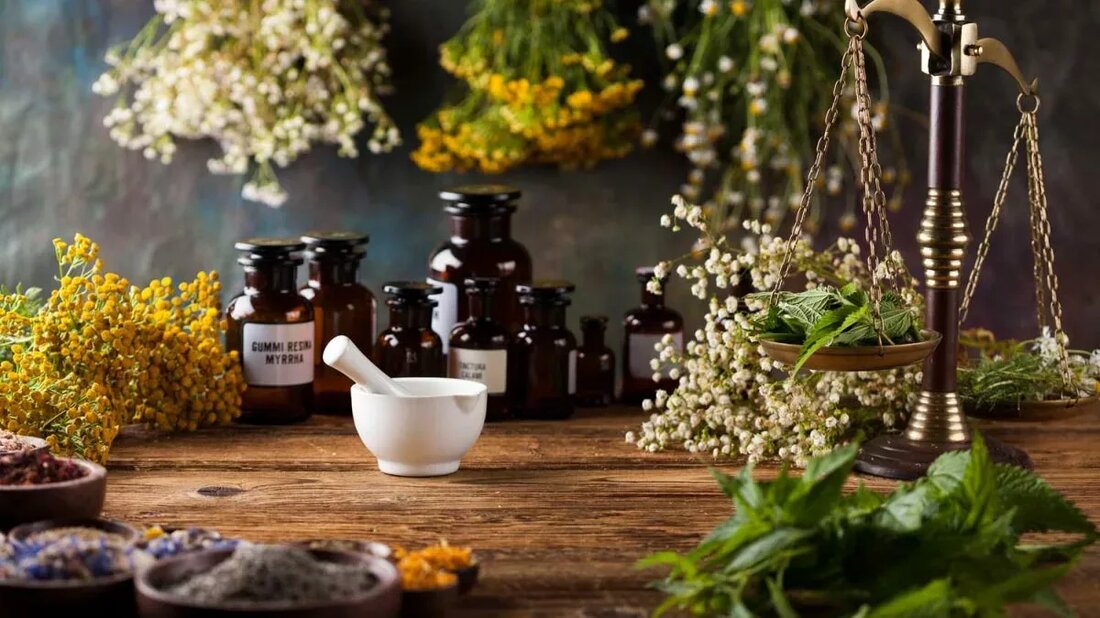Are you finding confusing information about natural and organic skin care?
Natural organic skin care information is very confusing to say the least. Although we all know that we should avoid synthetic or artificial ingredients in our food and drinks, we are less knowledgeable about the ingredients in our beauty and personal care products. We often hear that another ingredient in skin care or personal care products is potentially harmful to your health. However, unless you know chemistry, we generally don't know what to look for. The key is to look at the ingredients in the products you are considering. Identify herbs and essential oils listed, if applicable. These should be easy to spot...

Are you finding confusing information about natural and organic skin care?
Natural organic skin care information is very confusing to say the least. Although we all know that we should avoid synthetic or artificial ingredients in our food and drinks, we are less knowledgeable about the ingredients in our beauty and personal care products.
We often hear that another ingredient in skin care or personal care products is potentially harmful to your health. However, unless you know chemistry, we generally don't know what to look for.
The key is to look at the ingredients in the products you are considering. Identify herbs and essential oils listed, if applicable. These should be easy to recognize as they are not chemical names like formaldehyde, sodium laurel sulfate, etc.
These are names that we can easily recognize as plants, such as lavender, rose, tea tree, chamomile and so on. If the ingredients listed are difficult to read, chances are they are either isolated chemicals, perhaps from a natural source, or more likely synthetic/artificial chemicals that may be harmful.
Herbs and essential oils are natural, typically safe ingredients and may even be certified organic. At least you definitely know that these are vegetable oils or herbal extracts derived from plants and not isolated synthetically produced ingredients.
Another trick is to find out who makes the products. If it is a large company that mass-produces products, there is a strong possibility that cosmetic chemists are at work, and this would indicate that not all of the ingredients used in the products are natural - especially the emulsifiers, preservatives and fragrances.
Instead, look for small businesses owned and operated by medical herbalists, medical aromatherapists or those with qualifications in alternative medicine, as their philosophy is to produce safe, natural and effective products that will not harm your health.
The last thing you can do to determine the extent to which the products you are interested in are natural or not is to call the company and ask immediately. Are all your ingredients 100% natural? When they hum and...well, need I say more?
If you take the time to look around, you will find quality natural organic skin care information that is worth reading and remembering, but nothing will give you more confidence than doing your own research and asking some direct questions.

 Suche
Suche
 Mein Konto
Mein Konto
